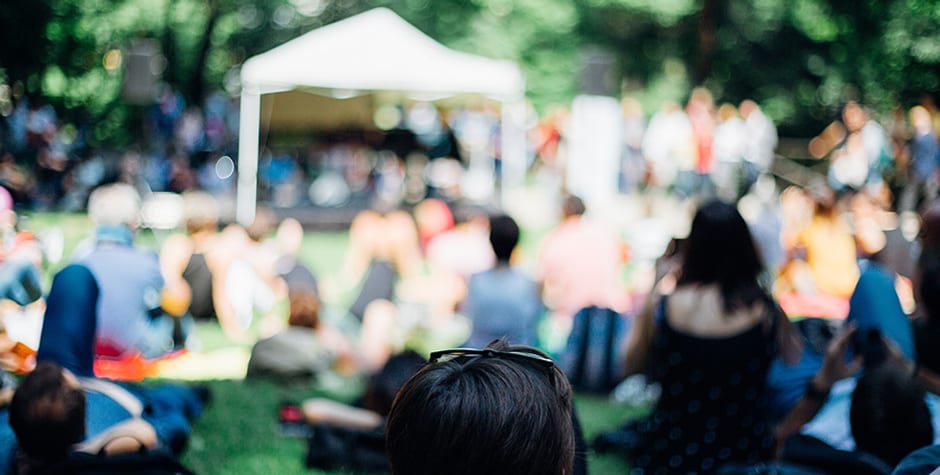LA Area Facility Use Policy Bans Gatherings for Any Religious Purposes in Public Parks and City Buildings
Listen tothis article
A Los Angeles area government policy directly bans renting any city-owned facility for “religious worship,” while allowing numerous other uses, in direct violation of the First Amendment.
The ACLJ swiftly took action after becoming aware of an unconstitutional policy being applied to a City of Manhattan Beach resident attempting to rent space in a city-owned building for a religious gathering. The challenged policy states:
The Facility Reservation Policy governs use of public facilities such as community center rooms, picnic shelters, swimming pools, basketball courts and sports fields that are available to the public for civic, social, educational, athletic, cultural activities and limited commercial use. The purpose of this policy is to provide use regulations and application and scheduling procedures to accommodate residents and individuals who would like to use City facilities. Facilities will not be used for religious worship or other religious purposes, political fundraisers, political advocacy or other partisan campaign events, or the sale of goods or services. Candidate or ballot issue forums that present all opposing viewpoints may be accepted.
When reaching out to city officials to reserve the building, our client clearly expressed he wanted to reserve the space to sing worship songs and watch a sermon on television. Our client was met with immediate resistance by city officials. City officials repeatedly told our client that they cannot permit the use of city facilities for religious purposes. Such a broad prohibition prevents any religious gatherings in city-owned buildings that are open to the general public for reservation. We took swift action and have just sent a demand letter to the city.
In general, the First Amendment limits the government’s ability to censor free speech and religious expression. The First Amendment especially protects religious speech and expression. As the Supreme Court has said, “[P]rivate religious speech, far from being a First Amendment orphan, is as fully protected under the Free Speech Clause as secular private expression.” The government cannot suppress speech solely because it is religious.
Religious groups attempting to use government facilities open to the public maintain their First Amendment rights. For example, in Widmar v. Vincent, the Supreme Court held that a university policy denying a religious student club access to its facilities on equal terms violated the First Amendment. Moreover, the Supreme Court unanimously held in Lamb’s Chapel (a case argued and won by the ACLJ) that where the government opens up public facilities to a variety of groups, religious groups must be treated equally under the First Amendment.
Any restrictions imposed by the government on the use of its facilities, such as a library or a meeting room in a community center or building, must be viewpoint-neutral. In this case, the policy constitutes viewpoint discrimination by banning any and all use of its facilities for any religious purpose. This policy undoubtedly restricts all forms of expression solely because they are or may be religious and is a direct violation of the First Amendment.
The ACLJ will be prepared to take the city to federal court if the city does not promptly comply with the law. If you or anyone you know has fallen victim to similar government censorship, please contact us at ACLJ.org/HELP.
